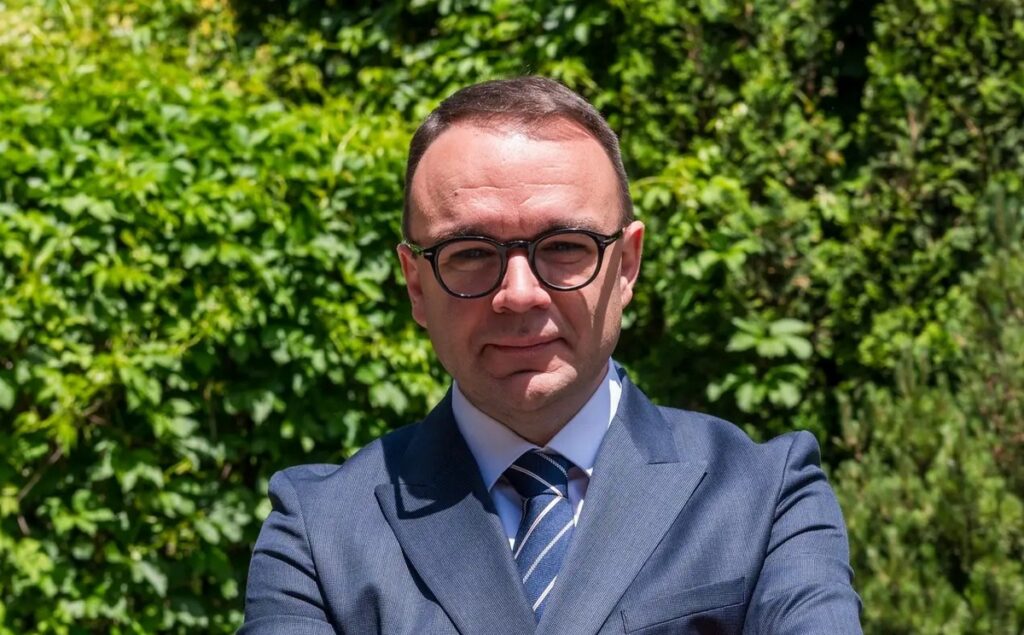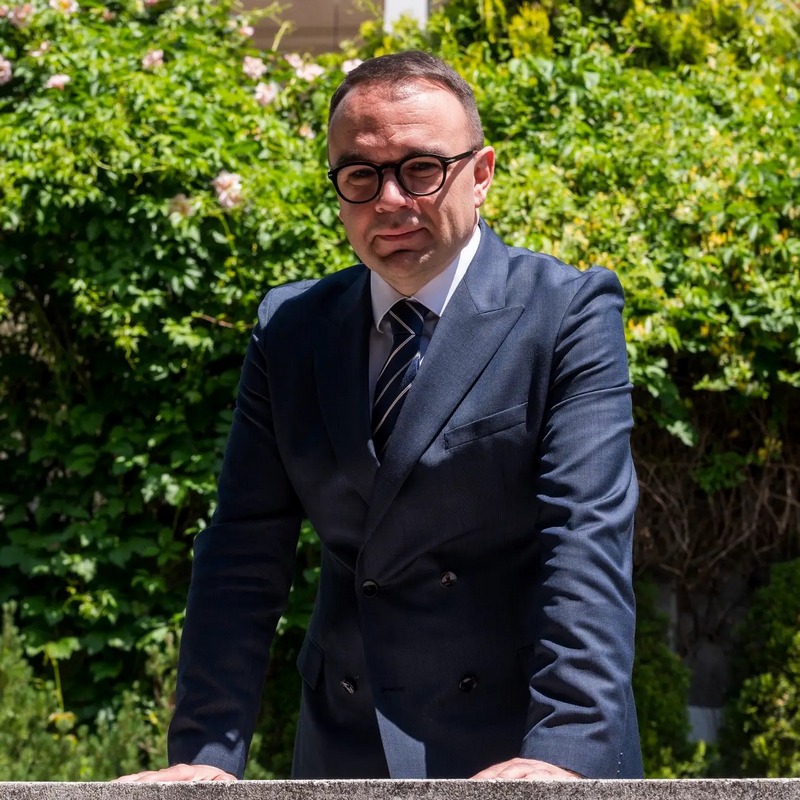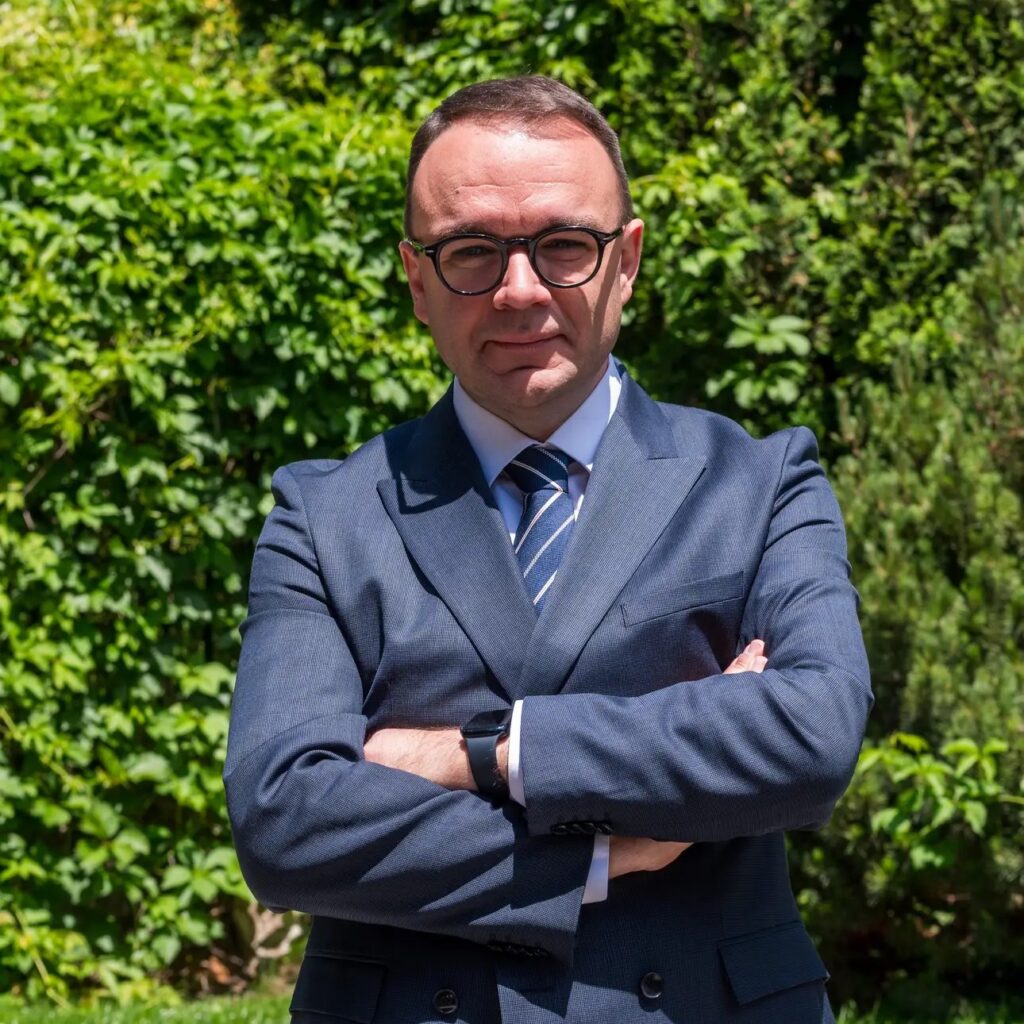The Ambassador of Bosnia and Herzegovina to Serbia, Aleksandar Vranješ, will participate in the Euronews Adria Summit in Panel 1, titled “The SEE Region in a Year of Geopolitical Earthquakes.” We spoke with him about the topics that will be discussed in the panel he will take part in

How do you view the situation in the region in light of recent geopolitical developments – the escalation in US-Russia and EU-Russia relations… How can our region avoid becoming collateral damage in the “great powers’ game”?
I believe that all political actors in the region are aware that escalating tensions between great powers can have negative consequences for the countries of the Western Balkans. Ultimately, history in this region has taught us the same lesson. As a good solution, Serbia has offered a model for regional connection, further strengthening and protecting ourselves through various forms of cooperation within the Open Balkan initiative. Unfortunately, this initiative has not received support in all countries of the region, and I am convinced that this is, to put it mildly, due to the reserved stance of certain European countries toward this model of regional cooperation. Instead of supporting the Open Balkan initiative, the European Union, together with the United Kingdom, focused on the unsuccessful Berlin Process and drawing regional countries into their conflict with the Russian Federation.

So, despite the awareness of domestic political actors about the dangers facing our region from the “great powers’ games,” as well as attempts to create an authentic regional cooperation model, these “great powers” perceive us as their sphere of interest and, through this distorted perception, drag us into their own conflicts with the Russian Federation. On the other hand, we have not seen a single example of Russian pressure aimed at involving our region in this “great powers’ game” to our detriment, nor is that their agenda. It is therefore clear who is dragging us into these dangerous games and putting us at risk of becoming collateral damage. Whether we will resist this through stronger regional connection without European lecturing, or become collateral damage in the “great powers’ game,” time will tell.
What are the most important topics in the bilateral relations between your country and Serbia?
Relations between Bosnia and Herzegovina and Serbia are multi-layered and complex. We have examples of good bilateral cooperation, as well as open issues that sometimes seem unsolvable. Serbia is one of Bosnia and Herzegovina’s key foreign trade partners, and investments and infrastructural cooperation, especially in energy, transport, and tourism, have visible potential for further development.

Of course, there are also open issues, such as border demarcation, political Sarajevo’s attempts to block development and infrastructure projects like the Belgrade–Sarajevo highway, the Buk Bijela hydroelectric plant, the Trebinje airport, or the continuous attempts to establish quasi-bilateral relations between Sarajevo and the illegal authorities in Pristina, which Bosnia and Herzegovina does not recognize, and so on. Serbia has demonstrated both readiness and willingness to resolve open issues through dialogue in the spirit of good neighborly relations, while unfortunately political Sarajevo continues to obstruct every form of relationship improvement.
Fortunately, the position of Republika Srpska within the state of Bosnia and Herzegovina allows bilateral cooperation with Serbia to proceed largely well and effectively, regardless of the negative messages that Sarajevo continuously sends to Belgrade.
For details of the Euronews Adria Summit program, you can find information HERE
Bojana Bačić